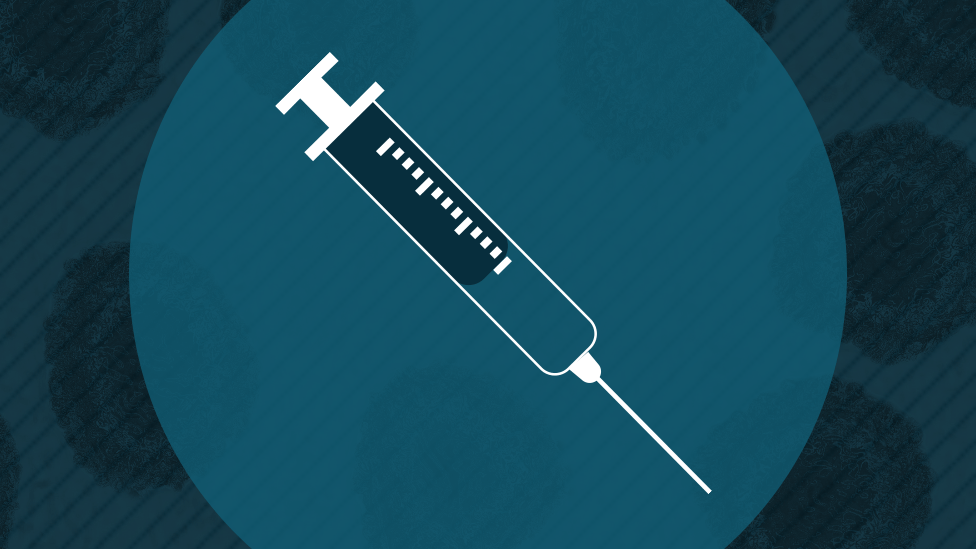Coronavirus: GSK and Sanofi join forces to create vaccine
- Published
Virus vaccine research 'enormously accelerated'
GSK and Sanofi, two of the world's biggest pharmaceutical giants, are joining forces to try and create a vaccine to stop the spread of Covid-19.
The bad news is that the vaccine - even if it is successful - will not be ready till the second half of next year.
GSK's chief executive Emma Walmsley told the BBC that vaccines usually take a decade to develop and test.
A plan to make a vaccine available in just 18 months was a huge acceleration of the normal process, she said.
GSK is also involved in a tie-up with the UK's other pharma giant AstraZeneca to help the government hit its target of conducting 100,000 tests by the end of April.
Emma Walmsley said she hoped that the UK's two biggest pharmaceutical companies could help provide 30,000 daily tests by the beginning of May.
A substantial contribution but leaving some way to go to hit the target.
GSK also said it would channel any profits made from its vaccine programme into increased research and development into future virus threats.
When asked whether it was appropriate for any company to profit from a global emergency Emma Walmsley promised that the company would not show any net profit from vaccine sales and along with future research investment, GSK would use any profits to subsidise vaccine deliveries to developing countries.
Other groups have promised faster vaccine results. Sarah Gilbert, an Oxford University professor engaged in a separate search for a vaccine, said she was "80 per cent confident" her team's development would work by autumn.
There are more than 20 vaccines currently in development. Among those under way at the moment are:
The first human trial for a vaccine was announced last month by scientists at a lab in the US city of Seattle. They have taken the unusual step of skipping any animal research to test the vaccine's safety or effectiveness.
Australian scientists have begun injecting ferrets with two potential vaccines. It is the first comprehensive pre-clinical trial to move to the animal testing stage, and the researchers say they hope to move to the human testing stage by the end of April.

A SIMPLE GUIDE: How do I protect myself?
AVOIDING CONTACT: The rules on self-isolation and exercise
WHAT WE DON'T KNOW How to understand the death toll
TESTING: Can I get tested for coronavirus?
LOOK-UP TOOL: Check cases in your area

GSK boss Walmsley said she wished other companies and partnerships good luck in developing their own solutions.
But she also said that they were uniquely placed to bring expertise, complementary science and - perhaps most importantly - manufacturing muscle to produce a desperately needed vaccine in the quantities needed.
- Published28 May 2021

